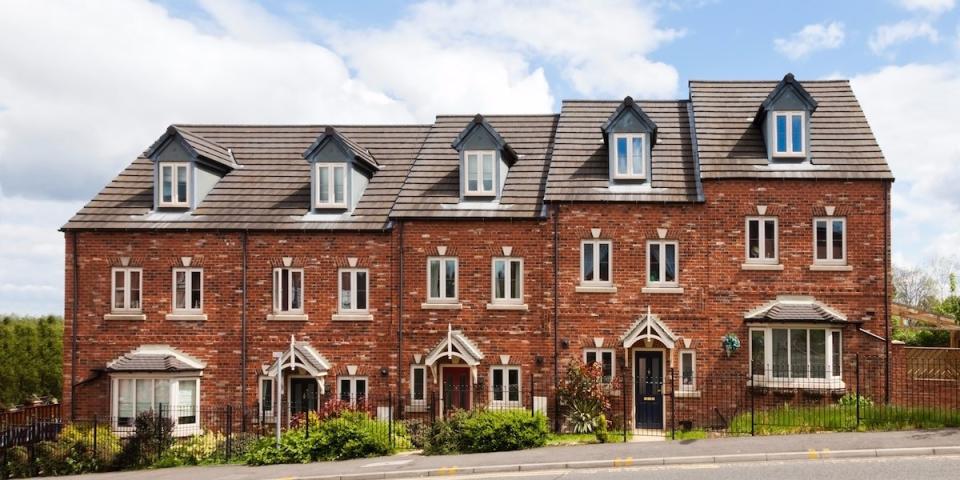Stamp duty for all first-time buyers of homes under £300,000 has been abolished

Shutterstock
The government will abolish stamp duty, levied on home purchases, for all first-time homebuyers on homes under £300,000.
The move will save home purchasers up to £5,000, and £1,660 on average.
But the Office for Budget Responsibility said it could push national house prices up 0.3% by 2018.
LONDON — The government will abolish stamp duty for all first-time homebuyers on homes under £300,000 in a move that will save home purchasers up to £5,000, but the government's spending watchdog warned it could push up house prices.
The Stamp Duty Land Tax (SDLT), which is levied on the purchase of new homes, currently has a much lower threshold of £125,000 for residential properties in the UK, and means that 80% of first-time buyers will no longer pay any no stamp duty.
READ MORE: Hammond's stamp duty cut will make house prices even more unaffordable
The new policy means first-time buyers paying up to £300,000 for residential properrty will pay no stamp duty.
First-time buyers paying between £300,000 and £500,000 will pay stamp duty at 5% on the amount of the purchase price in excess of £300,000, which represents a £5,000 reduction on the amount of duty they would have previously paid.
The move would reduce the cost of purchasing a £300,000 first-time home by £5,000, and will save the average first-time buyer £1,660.
But the Office for Budget Responsibility estimated the move would push up national house prices 0.3% by 2018, and said it would cost more than £1 billion over three years, adding the forecast was uncertain.
Anthony Rushworth, founder of housebuilding investment platform Homegrown, said the news was "not as great as it seems."
"There are plenty of reasons for first-time buyers to be jumping for joy on the face of it but, in reality, they only pay stamp duty of around £1,500 on average," he said.
"Sparing them from this tax might not cause the Exchequer any loss of sleep but all this will likely do is feed into higher prices for the narrow band of properties they are fighting over," he said.
"This is the problem with strategies that boost demand without addressing the fact there are too few homes being sought by too many buyers."
NOW WATCH: How much money you need to save each day to become a millionaire by age 65
See Also:
Government budget watchdog slashes growth forecasts to 'weakest in the modern era'
'A ticking time bomb': Housebuilders need people more than they need land
SEE ALSO: 19 charts that show how the Budget will affect Britain's households

 Yahoo Finance
Yahoo Finance 
